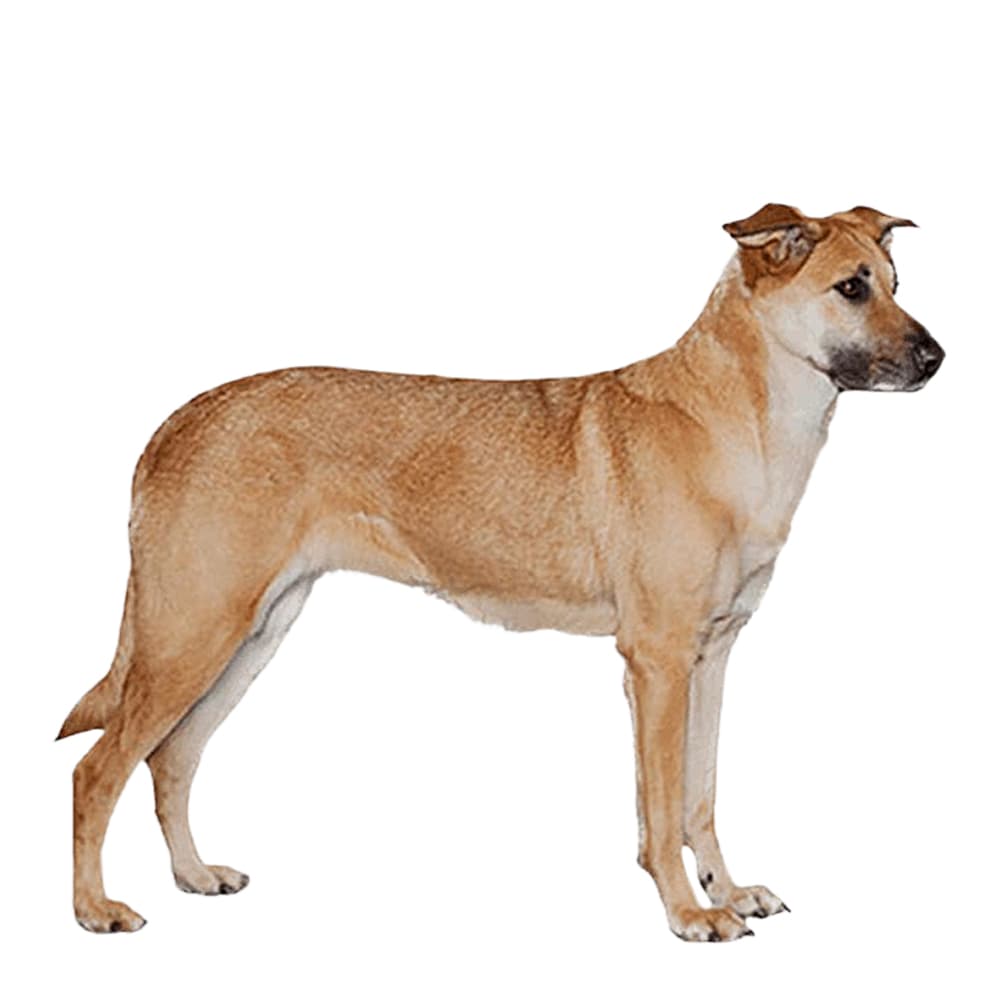Discover your dog's connection to this breed and 200+ others


Discover your dog's connection to this breed and 200+ others



Arthur Walden, a dog driver and adventurer, developed the Chinook breed in New Hampshire, USA, during the early 20th century. He wanted a sled dog that was powerful yet gentle and friendly, suitable for family life. He used a cross between a mastiff, St. Bernard type, and a Greenland Husky for the breed's foundation stock. Walden named the breed ""Chinook"" after his lead sled dog, who was himself a mix of a large husky-type male and a farm dog female. Walden's Chinook dogs played a significant role in the first Byrd Antarctic expedition in 1928. However, the breed was listed as the rarest in the world by the Guinness Book of World Records in the 1960s. It wasn't until the late 20th and early 21st century that devoted breeders managed to revive the breed, leading to its recognition by the United Kennel Club in 1991 and the American Kennel Club (AKC) in 2013.
Chinook Dogs are prone to hip dysplasia, cryptorchidism, gastrointestinal disorders, and allergies. Some also suffer from Chinook seizures, which are not true seizures but a type of movement disorder. Genetic testing for chondrodysplasia (CDPA), multi-drug resistance 1, and other conditions can assist veterinarians with diagnosis and proactive care, as well as help breeders identify affected and carrier dogs.
Chinooks are known for their versatility, gentleness, and friendly demeanor. They are intelligent, willing to please, and tend to get along well with children and other animals. They're highly trainable and thrive in active families where they can participate in activities like hiking, running, and playing fetch.
Despite their friendly nature, Chinooks can be reserved or cautious around strangers. They're not typically barky dogs but will alert their families to anything unusual. As a working breed, they require regular physical and mental stimulation to keep them happy and prevent destructive behaviors.
Without adequate exercise, Chinooks may become bored and potentially destructive. Their working background means they enjoy tasks and activities that challenge them physically and mentally. Training should be positive and reward-based, as this breed is sensitive and does not respond well to harsh correction.
A canine genetic lineage is a group of individuals or entire breeds that descended from common ancestors predating modern breed formation. Often these lineages are associated with a ‘type’ of dog with a unique historical working role and associated behaviors (e.g., herding, scent hunting, etc.).
Herding dogs are known for their high intelligence, trainability, and strong work ethic. These breeds originated in areas where managing livestock was an important part of daily life and had large pastoral lands. These breeds were specifically developed to help farmers and shepherds move, manage, and protect herds of livestock. Breeds within the herding dog lineage are agile and are known to have a natural herding instinct, where they like to keep their animals together. They are loyal and attentive to their handlers and are eager to please and are also highly aware of their environment. Many breeds within this linage have gone on to work as rescue and police dogs.
Example breeds with ancestry from this lineage include Border Collie, Cardigan Welsh Corgi, and German Shepherd.
The word "Chinook" is the word for "warm winter winds" in the Inuit language.
Most Chinooks were used as sled dogs because of their size, strength, and speed. They could also carry heavy loads farther than other dog breeds.
The Chinook is the official state dog of New Hampshire.
https://www.akc.org/dog-breeds/chinook/
https://www.pawprintgenetics.com/products/breeds/234/
https://www.petmd.com/dog/breeds/c_dg_chinook
Recommended by top vets with decades of experience
21 breeds
64 genetic health markers
50 genetic trait markers
